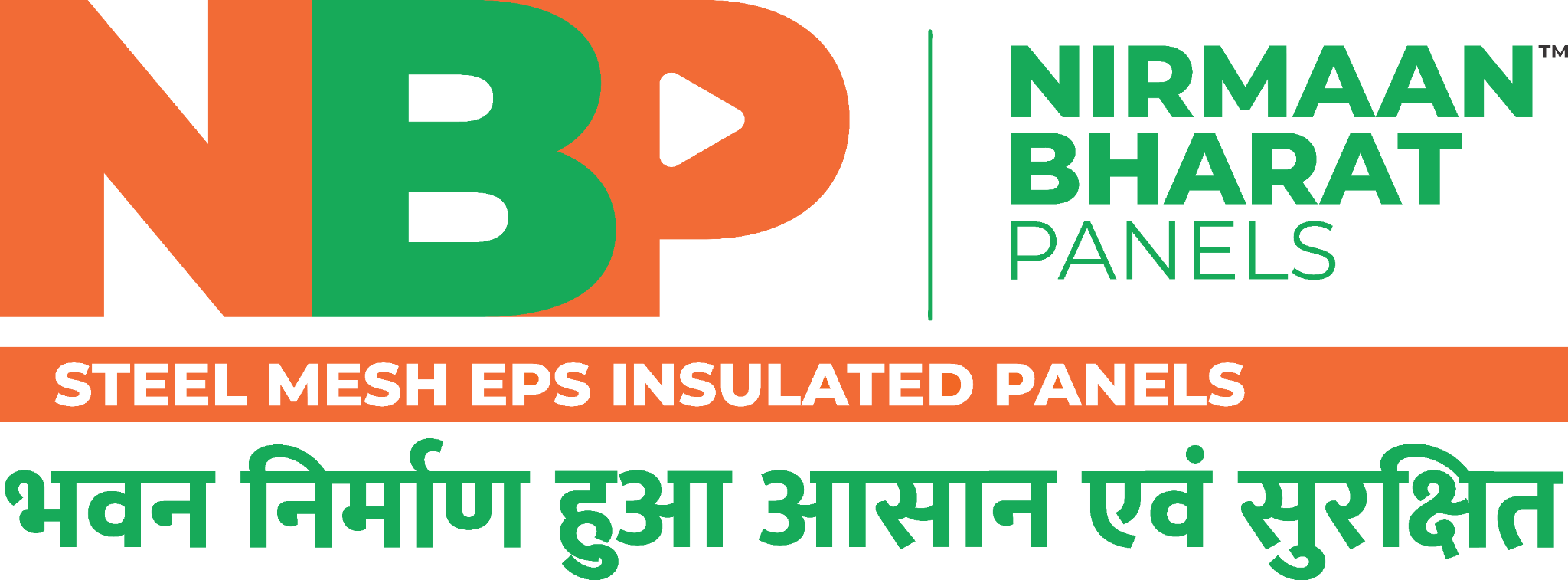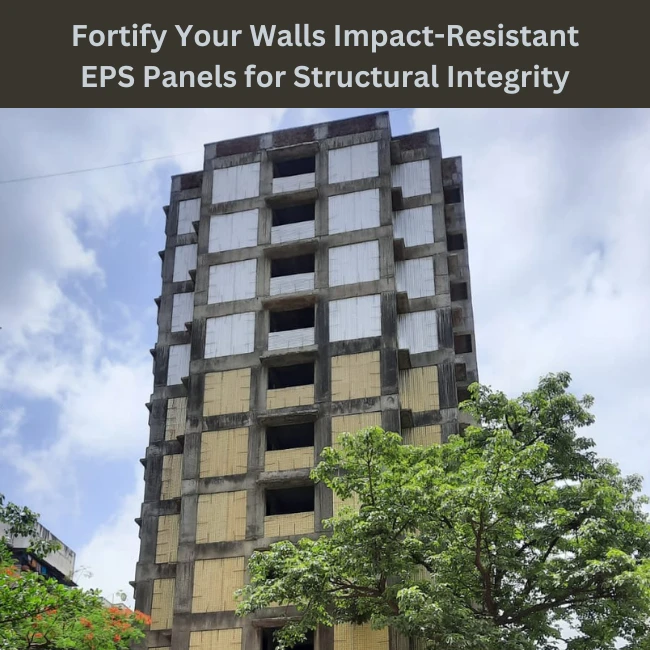In today’s unpredictable world, ensuring the safety and durability of our homes and buildings has become more critical than ever. From extreme weather events to potential impacts from accidents or even deliberate acts, the need for resilient construction materials is paramount. This is where Impact-Resistant EPS (Expanded Polystyrene) Panels come into play, offering a robust solution to fortify your walls and enhance structural integrity.
Table of Contents
ToggleUnderstanding Impact-Resistant EPS Panels
EPS panels are renowned for their lightweight yet sturdy composition, making them an ideal choice for various construction applications. These panels consist of expanded polystyrene beads fused together to form a rigid, closed-cell structure. What sets Impact-Resistant EPS Panels apart is their enhanced capability to withstand external forces, such as impacts from debris or extreme weather conditions.
The Benefits of Impact-Resistant EPS Panels
Strength and Durability:
One of the primary advantages of Impact-Resistant EPS Panels is their exceptional strength-to-weight ratio. Despite being lightweight, these panels offer impressive durability, ensuring long-term structural integrity.
Impact Resistance:
As the name suggests, these panels are engineered to withstand impacts effectively. Whether it’s high winds, flying debris, or accidental collisions, EPS panels provide a reliable barrier against external forces, minimizing the risk of structural damage.
Energy Efficiency:
EPS panels excel in thermal insulation, effectively regulating indoor temperatures and reducing energy consumption. By minimizing heat transfer, these panels contribute to energy efficiency, ultimately leading to lower utility bills and a smaller carbon footprint.
Versatility:
Impact-Resistant EPS Panels are highly versatile and can be tailored to suit various architectural designs and construction requirements. Whether used in residential, commercial, or industrial projects, these panels offer flexibility and ease of installation.
Cost-Effectiveness:
In addition to their initial affordability, EPS panels offer long-term cost savings through reduced maintenance and energy expenses. Their lightweight nature also translates to lower transportation and installation costs, making them a cost-effective choice for construction projects.
Applications of Impact-Resistant EPS Panels
Impact-Resistant EPS Panels find extensive use in a wide range of construction applications, including:
Exterior Walls:
These panels serve as a protective barrier against external elements, ensuring the structural integrity and safety of buildings.
Roofing Systems: EPS panels are utilized in roofing applications to provide insulation and support, enhancing energy efficiency and weather resistance.
Interior Partitions:
EPS (Expanded Polystyrene) panels are renowned for their versatility and efficiency in constructing interior partition walls. Their lightweight nature not only simplifies installation but also reduces the load on the building’s structure. This makes them particularly advantageous in projects where speed and ease of construction are paramount. Additionally, EPS panels provide excellent sound insulation, ensuring privacy and noise reduction between rooms. Their structural support further enhances the overall stability of the building, contributing to its longevity and resilience.
Foundation Insulation:
In the realm of foundation insulation, EPS panels emerge as a highly effective solution. By enveloping foundation walls with EPS panels, buildings can benefit from superior thermal performance, significantly reducing heat loss through the foundation. This not only enhances energy efficiency but also fosters a more comfortable indoor environment. Moreover, EPS panels act as a barrier against moisture intrusion, mitigating the risk of dampness and mold formation within the structure. By bolstering the stability of the foundation, EPS insulation contributes to the structural integrity of the building, ensuring its durability over time. This dual functionality of insulation and structural support underscores the value of EPS panels in foundation applications, making them an indispensable component in modern construction practices.
Conclusion
In an era marked by increasing environmental concerns and the need for resilient infrastructure, Impact-Resistant EPS Panels emerge as a viable solution to fortify walls and ensure structural integrity. With their combination of strength, durability, and energy efficiency, these panels offer a versatile and cost-effective choice for construction projects of all scales. By incorporating Impact-Resistant EPS Panels into your building design, you can enhance safety, reduce maintenance costs, and contribute to sustainable construction practices. Choose EPS panels today and fortify your walls for a safer, more resilient future.
Here are five FAQs related to Impact-Resistant EPS Panels:
What makes Impact-Resistant EPS Panels different from standard EPS panels?
Impact-Resistant EPS Panels are specifically engineered to withstand external forces such as impacts from debris or extreme weather conditions. While standard EPS panels offer insulation and structural support, Impact-Resistant EPS Panels provide an additional layer of protection against potential damage, making them ideal for applications where resilience is paramount.
How do Impact-Resistant EPS Panels contribute to energy efficiency?
Impact-Resistant EPS panels provide outstanding thermal insulation characteristics, effectively managing indoor temperatures and diminishing energy usage. By minimizing heat transfer, these panels contribute to energy efficiency, ultimately leading to lower utility bills and a smaller carbon footprint.
Can Impact-Resistant EPS Panels be customized for specific construction projects?
Yes, Impact-Resistant EPS Panels are highly versatile and can be tailored to suit various architectural designs and construction requirements. Whether used in residential, commercial, or industrial projects, these panels can be customized in terms of size, thickness, and density to meet specific project needs.
Are Impact-Resistant EPS Panels suitable for both new construction and retrofitting existing buildings?
Yes, Impact-Resistant EPS Panels are suitable for both new construction and retrofitting existing buildings. Whether you’re constructing a new building or looking to enhance the resilience of an older structure, these panels can be installed as exterior walls, roofing systems, interior partitions, or foundation insulation, providing added strength and durability.
Are Impact-Resistant EPS Panels environmentally friendly?
Impact-Resistant EPS Panels are considered environmentally friendly for several reasons. Firstly, they are lightweight, which reduces transportation emissions and energy consumption during installation. Additionally, EPS panels are recyclable, meaning they can be reused or repurposed at the end of their lifespan, contributing to sustainable construction practices. Moreover, their energy-efficient properties help reduce overall energy consumption, further minimizing environmental impact.
Also, read
How Do EPS Concrete Panels Differ From Traditional Construction Materials?



